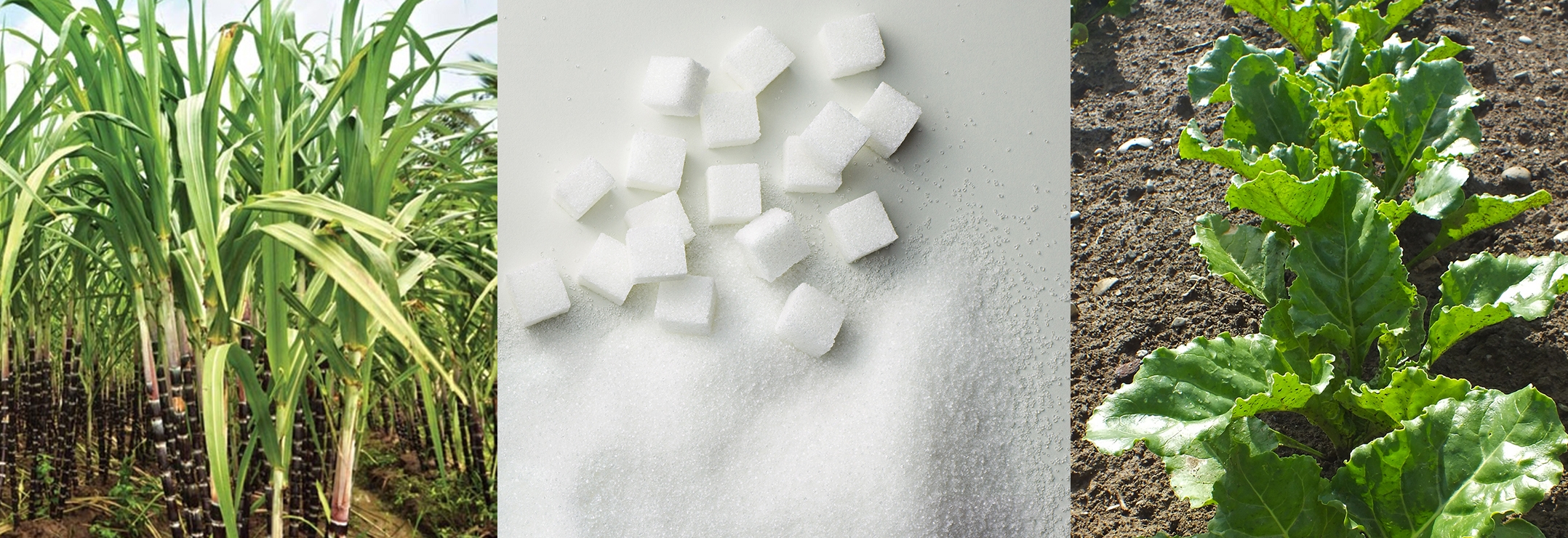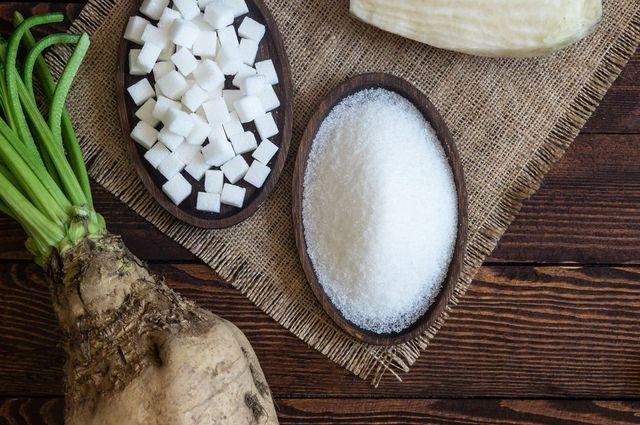The Impact of Beet Sugar vs Cane on Blood Sugar Levels and Diabetes Management
The Impact of Beet Sugar vs Cane on Blood Sugar Levels and Diabetes Management
Blog Article
The Fantastic Dispute: Beet Sugar Vs Cane and Their Influence On Health And Wellness
The recurring argument bordering beet sugar and walking cane sugar raises essential inquiries concerning their respective wellness impacts and more comprehensive effects for consumer options. This discussion invites us to consider not just the sweet taste we choose, yet the significant impacts of those choices on our health and wellness and the earth.
Introduction of Sugar Sources
Sugar, an extensively consumed sugar, primarily stems from 2 major sources: sugar beets and sugar cane. Sugar walking stick prospers in subtropical and tropical climates, with significant producers consisting of Brazil, India, and China.
Conversely, sugar beetroots are mostly grown in pleasant areas, with considerable manufacturing in countries such as the United States, France, and Germany. The beets are harvested from the ground, cut, and based on a procedure that transforms the removed juice right into granulated sugar. While both sugar resources eventually produce sucrose, their agricultural techniques, processing approaches, and geographical circulations vary noticeably.
These distinctions can influence not only the ecological influence of sugar production yet also the financial elements of sugar rates and trade. Recognizing the origins of these sugar is important for policymakers and customers alike, as it lays the foundation for informed discussions about their health implications and sustainability.
Nutritional Contrast
When taking a look at the nutritional profiles of beet sugar and walking cane sugar, both sources share a comparable make-up as they largely include sucrose. Sucrose is a disaccharide, made up of sugar and fructose, and is liable for the sweetness associated with both sugars. The refining processes for both beet and walking cane sugar yield products that are predominantly pure sucrose, with very little traces of vitamins, minerals, or other nutrients.
In regards to calorie web content, both beet and cane sugars supply around 4 calories per gram. Neither sort of sugar uses significant dietary advantages past power arrangement, as they do not have crucial vitamins or minerals. The existence of trace components, such as calcium, potassium, and magnesium, can vary a little in between the 2, mostly due to the agricultural methods and soil problems in which they are expanded.
In addition, the glycemic index values of beetroot sugar and walking stick sugar are comparable, suggesting comparable results on blood sugar levels. Overall, from a nutritional perspective, beet and walking cane sugars are functionally equal, adding mostly to calorie consumption without using significant health and wellness advantages over each other.
Health Implications
The wellness implications of consuming beetroot sugar and walking cane sugar warrant cautious consideration, specifically given the increasing prevalence of sugar-related wellness problems. Both kinds of sugar contribute similar caloric values and can result in raised threats of weight problems, kind 2 diabetic issues, and heart diseases when eaten over. The body sugars both metabolizes into sugar, which can trigger spikes in blood sugar level levels, resulting in insulin resistance over time.
While there is recurring debate pertaining to the glycemic index of these sugars, research studies recommend that both can adversely affect metabolic health if eaten in huge amounts. beet sugar vs cane. Additionally, the potential visibility of pollutants in beetroot sugar, such as chemicals from conventional farming methods, increases additional health concerns. On the other hand, cane sugar, especially when minimally refined, might use a slightly extra beneficial account due to its all-natural state
Moreover, the usage of sugarcoated, no matter of the source, is connected to negative health outcomes, including dental issues and fatty liver illness. Moderation is vital, and people need to be mindful of their total sugar intake from all sources, inevitably prioritizing whole foods over included sugars for optimal health and wellness outcomes.
Environmental Influence
Understanding the health implications of beetroot and walking cane sugar likewise results in an examination of their ecological impact, which can browse around this web-site significantly influence agricultural sustainability and eco-friendly balance. Both sugar resources have distinctive ecological impacts, formed by their growing methods and geographical demands.

In contrast, beetroot sugar is typically grown in temperate environments and usually involves diverse crop rotations. This technique can enhance dirt health and reduce reliance on chemical inputs. However, intensive beet farming can additionally bring about nutrient deficiency and bug stress if not handled sustainably.
Both sugar kinds existing difficulties and possibilities for ecological stewardship. Promoting lasting farming practices and accountable sourcing can alleviate their effects, making sure that sugar manufacturing aligns with eco-friendly preservation and lasting food safety and security.
Customer Preferences
In the middle of expanding awareness of wellness and environmental issues, customer preferences for sugar types are increasingly influenced by perceptions of health and wellness advantages, sustainability, and ethical sourcing. Beetroot sugar and walking stick sugar each present one-of-a-kind characteristics that appeal to various consumer demographics.
Health-conscious consumers often scrutinize the dietary accounts of these sugars, looking for alternatives perceived as less refined or even more all-natural. Cane sugar, typically considered as the typical sugar, is occasionally favored for its viewed purity and simplicity. In contrast, beet sugar, which is regularly originated from genetically changed crops, encounters suspicion among those concerned regarding GMOs.
Sustainability is one more significant variable affecting customer selections. As recognition of farming methods expands, several consumers choose for items that line up with eco-friendly farming techniques. Walking stick sugar production, specifically when sourced from lasting ranches, can attract eco-conscious buyers.
Honest sourcing plays an essential role too, with customers increasingly favoring items that sustain reasonable labor practices. Certifications such as Fair Profession can boost the good looks of walking cane sugar in the marketplace. Ultimately, consumer choices are shaped by a complex interplay of health, ecological, and moral considerations, driving demand for both beetroot and cane sugars in diverse markets.
Final Thought
Finally, the argument in between beetroot sugar and cane sugar incorporates various aspects, consisting of dietary accounts, health ramifications, and ecological repercussions. beet sugar vs cane. While both sugars largely include sucrose and exhibit comparable calorie content, problems pertaining to chemical use in beetroot sugar and the eco-friendly effect of walking stick sugar monoculture warrant careful factor to consider. As customers progressively focus on sustainability and health, educated choices regarding sugar usage end up being important in promoting total well-being and ecological stewardship

Report this page